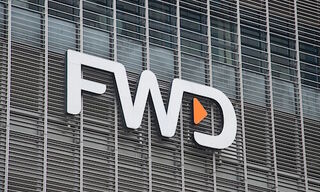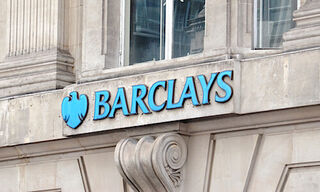Investors in China’s Tewoo Group are recently forced to take losses on a U.S. dollar bond. The largest failure to repay dollar debt by a state-owned company in two decades is prompting fears of a domino effect.
China’s Tewoo Group, a commodities trader wholly owned by the city government of Tianjin, completed an exchange offer this week that caused investors to take significant discounts on their holdings in the company’s debt. The offer was «tantamount to default», S&P Global Ratings said in a statement on Thursday.
Tewoo’s restructuring is symbolic, representing an almost 180-degrees turn in how the Chinese government deals with failures at debt-strapped state enterprises. The restructuring offer, which has been accepted by investors, gave Tewoo bondholders two options: the first was to take deep discounts on four outstanding bonds, the second was to exchange the Tewoo bonds for that of another Tianjin-based state enterprise and accept much lower coupons.
Not Allowed To Default Previously
No Chinese company backed by the state had been allowed to default on its dollar debt since the collapse of Guangdong International Trust and Investment Company, or Gitic, in 1998. That default sent a shockwave through Asia’s US dollar debt market then, as investors got awakened to the fact that not all government-owned companies were supported.
However, the collapse of Gitic came at a time when the borrowings of Chinese state-owned enterprises were still tiny. Today, China's state-owned groups are some of the largest debt issuers in Asia. Signals of an end to the state’s implicit guarantee could compel a repricing of risks associated with such companies, and drive up their borrowing costs.
More Selective
With the economic downturn in China, local governments may lack the resources to bail out all defaulting companies and will probably be forced to accept more market-based restructurings, global investors observed.
«We expect the government to be more selective in where it uses its resources,» said Alaa Bushehri, head of emerging markets corporate debt at BNP Paribas Asset Management, who was quoted in «Financial Times»(behind paywall)



























